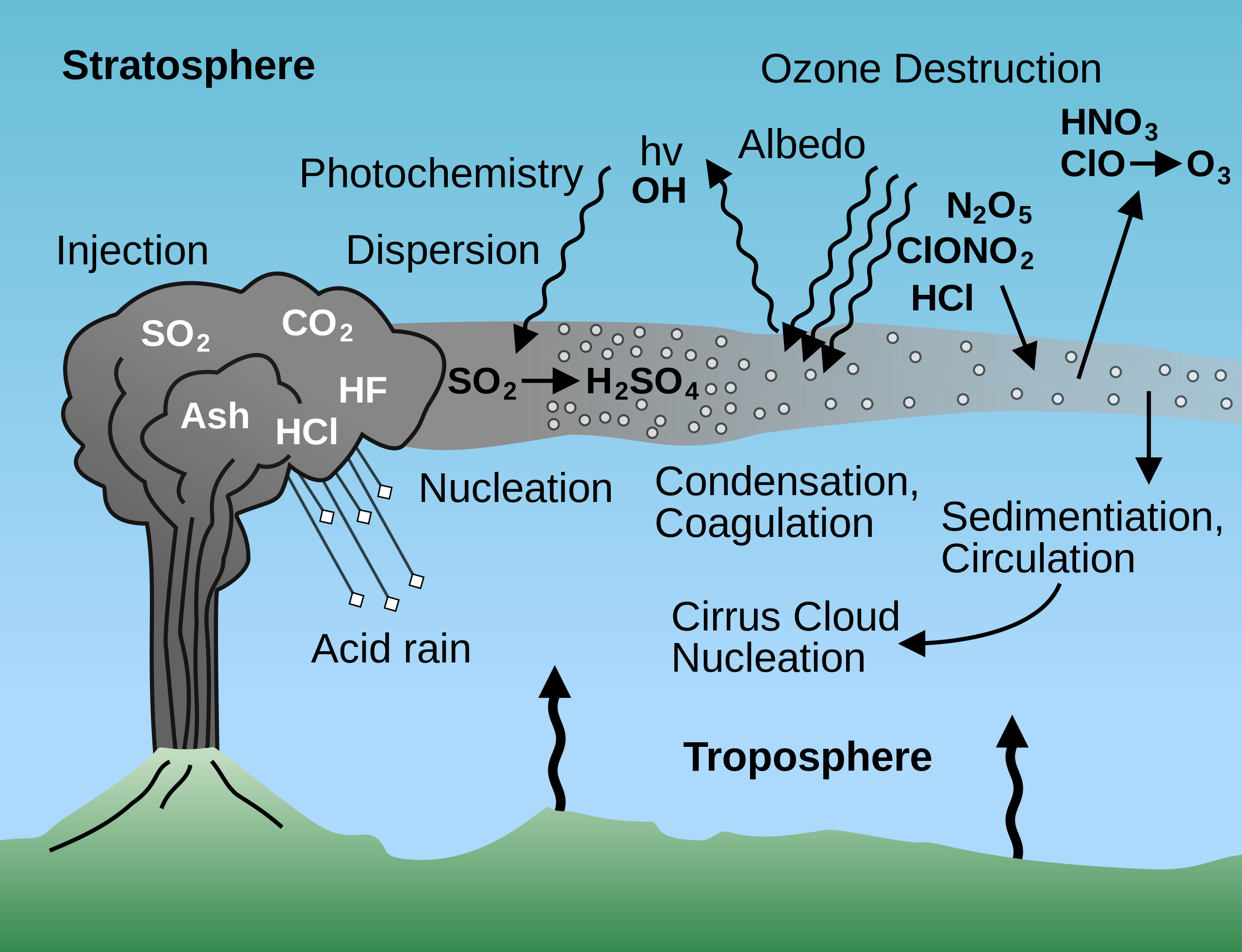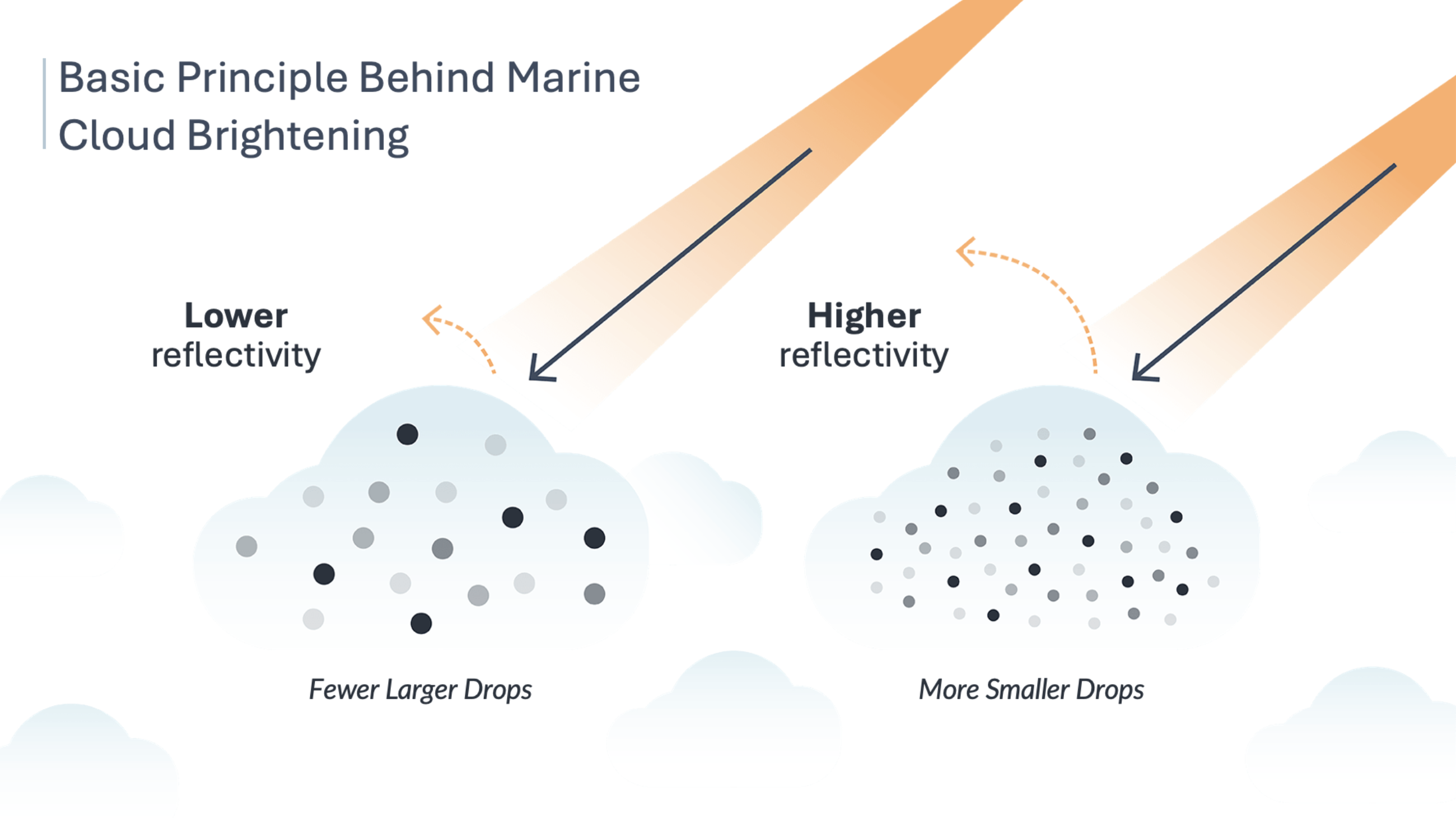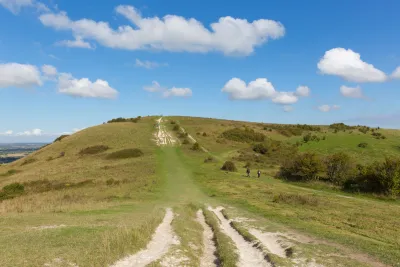TWIL #15: From bleached reefs to seven generations ahead

Bleached reefs and a heating planet
This week, I read two articles that framed the climate crisis in two very different lights.
The first, in The Guardian, reported on the worst global coral bleaching event ever recorded. Over 80% of tropical reefs have been exposed to extreme marine heat. Photos showed ghostly, lifeless corals. Ecosystems collapsing in real time. It read like a slow-motion obituary for a part of the planet that once felt eternal.
The second, from Nature, focused not on the loss, but on a new and growing branch of climate science: solar radiation modification. It explored the idea that even with aggressive emissions cuts, we may not prevent catastrophic warming in time. And so, researchers are beginning to ask a controversial but pressing question: Can we cool the planet directly?
It’s not about abandoning mitigation, or giving up on emissions cuts. It’s about recognizing that climate timelines may be shorter than we hoped. And that we may need every available tool to buy time, preserve ecosystems, and protect vulnerable communities.
I searched a bit further and below are five of the most discussed approaches currently being explored.
1. Stratospheric aerosol injection
Releases reflective particles into the upper atmosphere to bounce a small portion of sunlight back into space. This method mimics the cooling effects seen after major volcanic eruptions.

- Why it's considered: Models suggest it could reduce global temperatures quickly and affordably.
- Concerns: Could shift global rainfall patterns, reduce monsoons, and trigger temperature spikes if suddenly stopped. It’s also politically and ethically fraught—who gets to control the climate?
2. Marine cloud brightening
Involves spraying sea salt into low clouds over the ocean to make them more reflective.

- Why it's considered: Could offer regional cooling, especially over coral reefs and coastal zones under immediate heat stress.
- Concerns: Still experimental, with unclear ecological consequences. The effects are local and temporary, not a global solution.
3. Forestation and ecosystem restoration
Scaling up global efforts to plant trees, restore wetlands, and regenerate degraded land to absorb CO₂ and create local cooling effects.
- Why it's considered: Natural, co-beneficial, and proven to improve biodiversity and water cycles.
- Concerns: Too slow on its own to counter current warming trends. Poorly managed reforestation can harm ecosystems or displace communities. It removes CO₂ but doesn’t directly cool the atmosphere.
4. Urban albedo enhancement
Increasing the reflectivity of cities and built environments through white roofs, reflective pavements, and lighter infrastructure.

- Why it's considered: Reduces heat in urban areas, lowering energy use and heat-related deaths during extreme weather.
- Concerns: Impact is hyper-local. It doesn’t affect global temperatures or oceanic systems and isn’t a substitute for broader-scale interventions.
5. Accelerated research with global governance
Not a cooling method itself, but a vital foundation. Scientists are calling for robust international frameworks to regulate and monitor climate interventions.
- Why it's considered: Ensures transparency, equity, and public trust as research moves forward.
- Concerns: Currently underdeveloped. Without it, interventions could be deployed unilaterally or without adequate understanding of global impacts.
A new kind of climate conversation
What struck me most was the shift in tone. We’re not just tallying losses anymore. There’s an urgency now to ask hard questions and consider difficult tools. Not out of recklessness, but out of the recognition that the old timeline may be gone. The planet is heating faster than we imagined, and the next few decades may be less about prevention than survival.
These strategies aren’t clean solutions. Some are deeply risky. Others are slow or underpowered. But together, they represent a serious attempt to grapple with a future where conventional climate policy may no longer be enough.
The question is no longer whether we should act, but how wide our imagination is willing to stretch to meet the scale of the crisis.
And while the planet burns, the Dutch government is pushing nitrogen (stikstof) deadlines further back (Dutch)… too afraid to upset voters or businesses before an election. Delay now, lose more later.
The School of Curiosity is a reader-supported publication. To receive new posts and support my work, consider becoming a subscriber.
Why seeds know more than we think

Let’s take a breath. Between vanishing coral reefs and a changing planet, it’s easy to feel like the world is spinning out. So here’s something smaller. Quieter. But just as fascinating.
I came across this study of 2017: scientist have discovered that some seeds can "hear" water.
Scientists at the University of Western Australia found that corn roots grew toward the sound of water flowing through underground pipes. Even when no moisture was present in the surrounding soil. The plants responded to the frequency of moving water alone.

Desert plants like Nicotiana attenuata showed similar behavior: their seeds germinated faster when exposed to the sound of running water. In dry environments, this sensitivity could mean the difference between sprouting in time or missing the only rain of the season.
It’s a kind of underground listening. An evolutionary trick built not on sight or smell, but vibration. Using sound to detect life-giving water.
It’s strange. Beautiful. And real. And it reminded me: amid all our high-tech futures, there’s still quiet intelligence in the things that grow. Maybe we don’t need to look so far ahead for awe. Maybe it's been under our feet all along.
It made me wonder: What other quiet intelligences might we be missing? Not because they’re invisible, but because we never thought to listen?
To think seven generations ahead
In much of modern life, the future means five years from now. A decade if we’re lucky. Most decisions are shaped by what feels urgent, visible, or profitable right now.
But among the Haudenosaunee (Iroquois) Confederacy, there’s a principle that leaders are meant to follow: when making decisions, they must consider the impact on the next seven generations.
That’s not metaphor. It’s ~150 to 200 years.

It’s known as the Seventh Generation Principle, and while it’s not “law” in the Western legal sense, it forms part of the Great Law of Peace, the Confederacy’s oral constitution. It's a moral and cultural obligation, passed down through teachings, ceremonies, and council traditions. It’s not enforced by penalty. It’s upheld by responsibility.
It made me wonder why it doesn’t work like that in Europe. In democracies… Democracy is, of course, a good thing. But one of its fundamental weaknesses is also its blind spot: most elected leaders only plan as far ahead as their next term allows. Political courage is often constrained by short timelines and re-election cycles, not by what's best in the long run. Future generations don’t vote. Their interests are easy to postpone.
Which raises another question:
Why is it that Western cultures, despite their innovation and foresight in science and technology, struggle to think in long-term balance?
It may be partly historical: built on conquest, extraction, and acceleration. It may be cultural: prioritizing the individual over the collective, the new over the ancestral. Or perhaps it's systemic: short-term profit, quarterly results, and the myth of infinite growth.
Questions that popped up in my mind…
What policies would we drop if we had to justify them to someone living in 2200?
What would governance look like if “future accountability” were built into law?
Why have so many Western systems been built to extract, consume, and move on, rather than to listen, repair, and stay?
We often say we’re building the future. But most of the time, we’re just reacting to the present. The Seventh Generation Principle invite us to shift perspective. To stop acting like owners of the world, and start behaving like stewards in a chain we didn’t begin and won’t finish.
And maybe, right now, that’s exactly the kind of thinking we need most.





